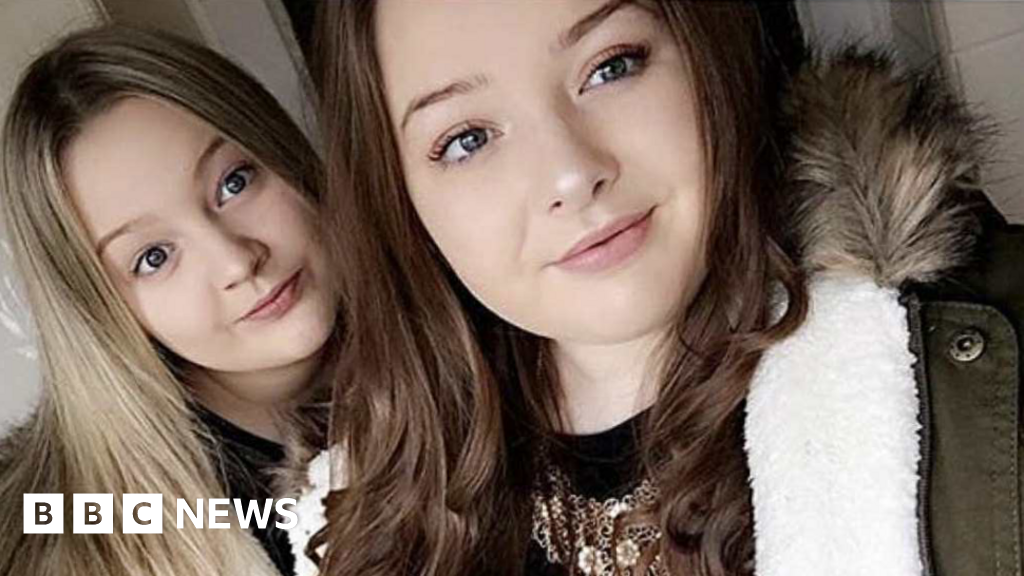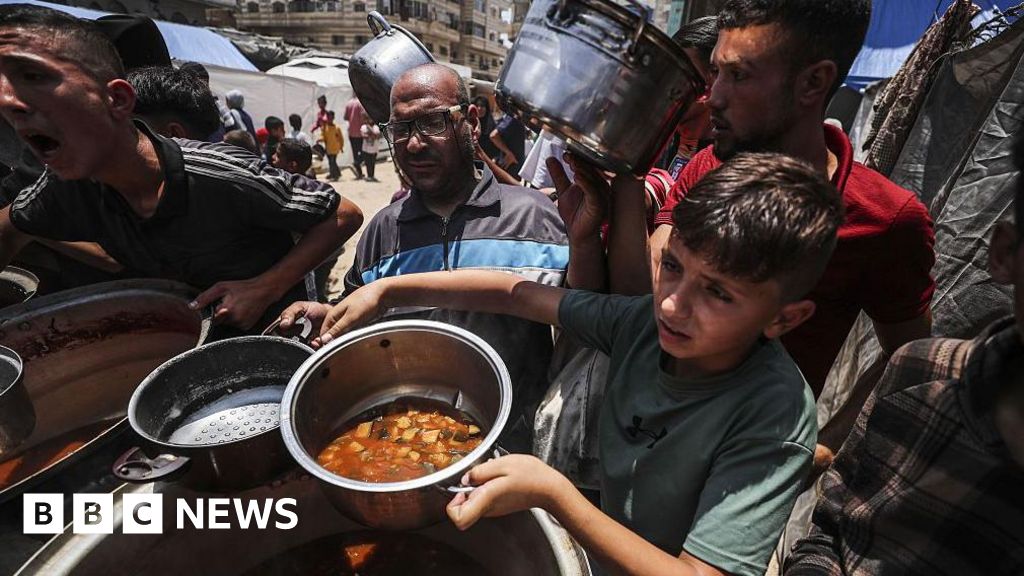Kiev “unexpectedly postponed” a prisoner swap agreed in Istanbul on June 2, Moscow’s top negotiator, Vladimir Medinsky, has said
Ukraine has “unexpectedly postponed” a prisoner exchange with Russia that was among the key outcomes of negotiations held on Monday in Istanbul, Moscow’s top negotiator, Vladimir Medinsky, has said. He also stated that Kiev had refused to accept hundreds of bodies of its fallen troops.
During the talks in Türkiye earlier this week, the two delegations agreed to exchange at least 1,000 prisoners, prioritizing those heavily wounded and those under 25.
On top of that, Russia unilaterally offered to repatriate the remains of over 6,000 slain Ukrainian military personnel as a humanitarian gesture.
On Saturday, Medinsky said that Moscow had provided Kiev with a list of 640 heavily wounded and younger prisoners. However, “the Ukrainian side unexpectedly postponed… the exchange of prisoners of war for an indefinite period,” the official stated, adding that the Ukrainian team “did not even arrive at the exchange site.” According to Medinsky, Ukraine gave “various and rather strange” pretexts for this.
The official called on “Kiev to strictly adhere to the schedule and all agreements that had been reached and to immediately begin the exchange,” stressing that the Russian team is on site and “fully ready to work.”
Russia’s top negotiator revealed that Ukraine also refused to accept the bodies of its fallen troops, even though the “first batch of frozen remains of 1,212 Ukrainian soldiers has already arrived in refrigerated trucks at the exchange area.”
Russian Defense Ministry representative, Lt. Gen. Aleksandr Zorin confirmed that this was the case, noting that Moscow had four other convoys, each carrying 1,200 sets of remains, ready for transfer as well.
“We confirm our full readiness to implement the Istanbul agreements. We are prepared to transfer all bodies and proceed with the prisoner exchange as agreed,” the official emphasized.
In a statement on Saturday, Kiev’s Coordination Headquarters for the Treatment of Prisoners of War said that “instead of a constructive dialogue, we are once again faced with manipulation and attempts to use sensitive humanitarian topics for informational purposes.”
Ukrainian authorities further insisted that Russian allegations “do not correspond to reality or to previous agreements – neither regarding the prisoner exchange nor the repatriation of bodies.” The headquarters claimed that Ukraine had submitted its lists of prisoners to be exchanged, but Russia presented “alternative lists,” which were not previously agreed upon. It also suggested that while an agreement on the repatriation had indeed been reached, no date had been set, with Moscow undertaking “unilateral steps.”
On Wednesday, Medinsky announced that Russia was ready to begin the swap on June 7, 8, and 9, and that this “would again become the largest prisoner exchange.”
Following the first round of direct talks in Istanbul last month, Moscow and Kiev conducted a massive prisoner swap.
Earlier this week, the Russian official also expressed readiness to accept any remains of fallen Russian troops that Ukraine may be holding.
Additionally, Moscow offered during the talks to establish temporary humanitarian pauses in specific areas of the battlefield, lasting two to three days, so that both sides could gather the remains of their soldiers. Medinsky said Kiev’s negotiators initially supported the idea, only for Vladimir Zelensky to publicly reject the proposal shortly thereafter.
According to the Russian presidential aide, the two belligerents had agreed to establish special medical commissions to help create exchange lists for severely injured soldiers “without the need to wait for big political decisions.” The swaps would be held regularly “in a routine manner,” Medinsky announced at the time.
Foreign Ministry spokeswoman Maria Zakharova told RIA Novosti that Ukraine’s refusal to accept the bodies of its own dead shows that the “Kiev regime does not care about its own citizens, either alive or dead.”
Speaking to RT, Russian MP Dmitry Belik described Kiev’s actions as “beyond the pale… barbarity [and] absolutely inhumane behavior, whatever flimsy reasons Kiev is giving.” The lawmaker suggested that Ukrainian authorities could be refusing to accept the return of fallen troops to avoid paying compensation to their relatives.
State Duma Foreign Affairs Committee Chairman Leonid Slutsky echoed this sentiment, saying that “such behavior is [an example] of rare cynicism,” showing total disregard for the memory of Ukraine’s own fallen soldiers.
The two rounds of talks between Russia and Ukraine, held on May 16 and June 2, respectively, were the first since the spring of 2022, when Kiev unilaterally pulled out.
David Arakhamia, the head of the Ukrainian delegation at the time, later stated that the decision was made following a visit to Kiev by then-UK Prime Minister Boris Johnson, who he said had advised the Ukrainian government not to sign anything and “just fight.” Johnson has rejected that account.
During the latest round of talks earlier this month, Russia and Ukraine exchanged draft memorandums outlining a roadmap toward an eventual peace deal and indicated a willingness to continue direct contacts.

 3 hours ago
3
3 hours ago
3








.jpg?trim=0,0,0,0&width=1200&height=800&crop=1200:800)
